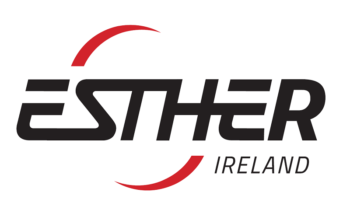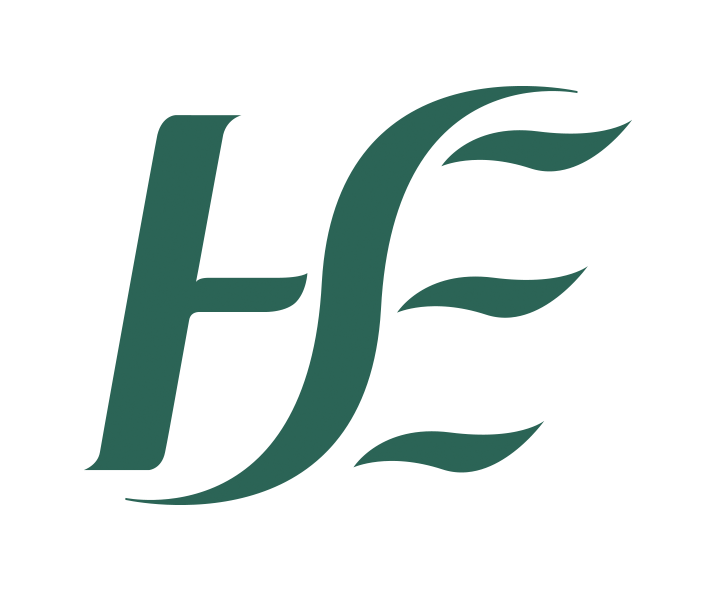To Watch The Video and Download it Directly
We appreciate your feedback! Please fill out this quick 5-question feedback form to help us with the video series.
To Watch The Video in YouTube
Text
Care of people with albinism during the time of COVID-19
The arrival of COVID 19 in Africa presents problems for the entire population. The poorest and most marginalised always suffer most, and people with albinism are among the most vulnerable in society. The discrimination they endure results in educational disadvantage, social isolation, unemployment, as well as being the target of violent attacks. Their lack of the melanin causes the development of skin cancer in early adulthood causing pain, disfigurement and death.
Remember People with Albinism are no more or less at risk of infection or transmission than anyone else. However, because they experience discrimination and social exclusion, they often have limited access to information. For this reason, it is important to share information about the signs and symptoms of COVID-19, as well as how to prevent its transmission.
Reducing COVID-19
The basic message about the virus remains the same:
- Regular hand hygiene and maintaining a safe distance from others reduces the risk of infection and transmission. It is also advisable to stay at home, except for essential travel
- You should avoid touching your mouth, nose or eyes
- If you have symptoms, such as a cough, headache or mild fever, stay home away from others, and seek medical attention if it gets worse.
- If you suspect you have contracted Covid -19, call the government toll free line on 54747.
COVID 19 and the wearing of face coverings
While they cannot guarantee complete protection there is now scientific proof that wearing a face covering can significantly reduce the risk of an infected person spreading the virus to others.
Some of us will have the virus, but only have very mild or no symptoms all, so wear a face covering when you cannot maintain a distance of 2m from other people. For example, in a minibus or in a crowded shop or market.
Safe application of sunscreen during COVID-19
Prevention of skin cancer is a vital health goal for people with albinism. Remind those affected to protect their skin with wide brimmed hats and long-sleeved clothing and stay in the shade when possible. Sunscreen is needed for the areas of the body which remain exposed to the sun.
With COVID-19 circulating please recommend that people wash their hands with soap and water before applying sunscreen, in case their hands are contaminated with the virus
Remember that the lips, the nose and around the eyes are high risk sites for the development of skin cancer, but they are also the routes by which Corona virus can enter the body. This is why it is so important that people have washed their hands well before applying sunscreen to these areas.
Recommend they apply a small amount of sunscreen to different areas of the face and then rub it into that area using two finger tips.
They should apply sunscreen in the morning and again at lunchtime.
Problems accessing supply
During this time it might be difficult for people with albinism to access supplies of sunscreen.
Please ask people with albinism if they have enough at home, reminding them that they will need approx. 300mls/month.
Please also direct them to where they can get more supplies, at their nearest health centre or through the local health surveillance assistants.
If sunscreen is not available at the health centre, they should contact Standing Voice, an NGO that defends the rights of people with albinism in Malawi, or the Association of People with Albinism in Malawi (APAM).
Fake news about COVID-19
It is important to dispel myths that are emerging, which could put people with albinism at risk.
Myths such as, that COVID-19 is a “white person’s disease” which they spread to those with dark skin.
NOT TRUE, anyone can contract COVID-19 regardless of the colour of their skin.
Look out for suspicious lesions
Hospitals and NGOs who normally offer services to this population may not be operating so please be on the lookout for skin cancers.
Early detection is vital, so remember skin cancer:
- Is curable if diagnosed early but lethal if allowed to spread.
- Can look like a sore or wound that is not healing
- is most common on the head and neck.
- is the most dangerous when occurring on the lip or ear
Referral of suspicious lesions
If you see a lesion that you think could be a cancer please call the albinism hotline number provided and let someone from Standing Voice know as soon as possible so that they can facilitate speedy referral for diagnosis and treatment.
You can call or send a What’s App message to 0990 616 149 or 0884 293 805.
When sending a message, please include the person’s name and contact details, the size and location of the lesion and a good photograph. Please take photos in good light and check the image before you send it.
Support for People with Albinism
Further support for People with Albinism in Malawi can be obtained by contacting the Standing Voice Hotline on 0990 616 149 or 0884 293 805.
Or through email: [email protected]
Website: www.standingvoice.org
Or by contacting the Association of Persons with Albinism in Malawi (APAM) on 0999 814 447.
Or through email on [email protected]
Vocie Over: Elias Phiri

